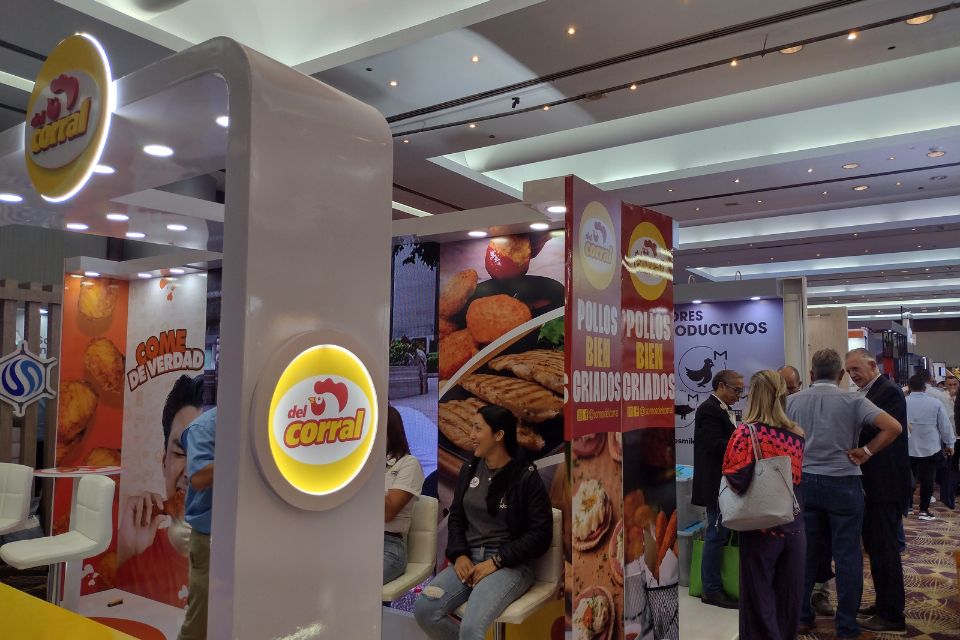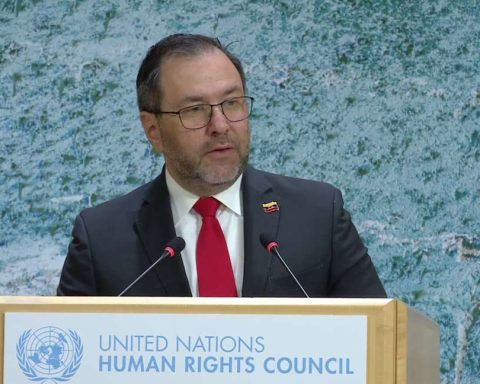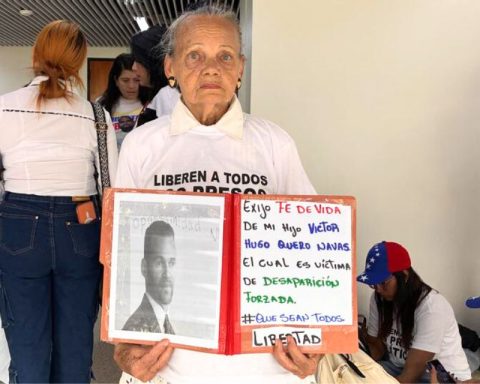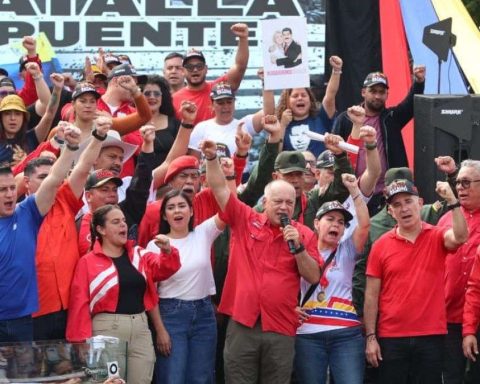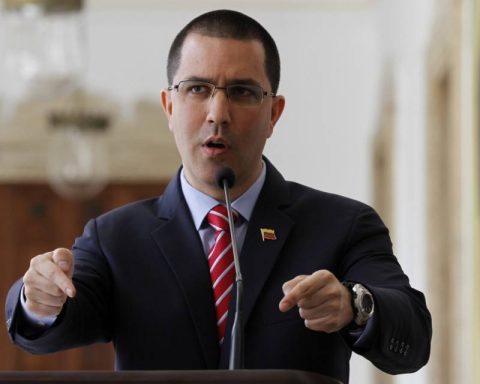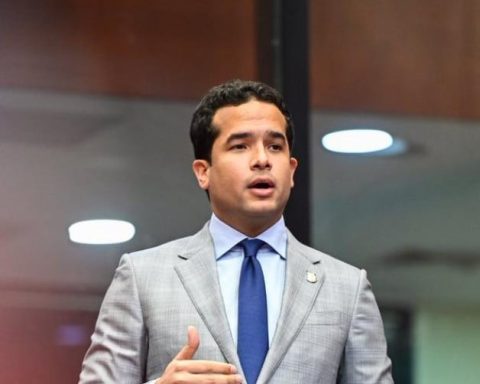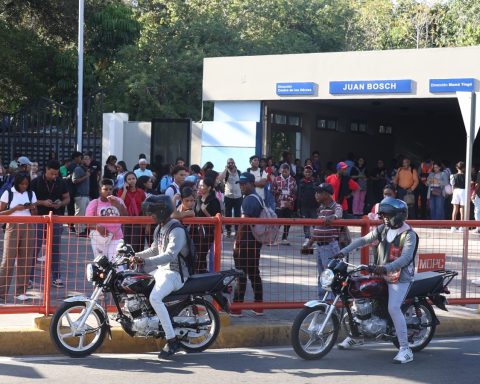The poultry sector will grow by 8% this year, according to Fenavi estimates. During the XI National Congress of Poultry Farming in Venezuela, the association said that it represents an immense purchasing capacity for national raw materials; for example, it demands around 77% of the national harvest of yellow corn, which is used as animal feed.
The poultry sector has experienced sustained growth since 2020. The worst year for producers and also for consumers was 2018, when production and consumption fell to historic lows, amid a hyperinflationary crisis and shortages. However, the production of proteins such as chicken and eggs is recovering in the country and growth projections for the end of 2024 are 8%, according to data from the National Federation of Poultry Farmers (Fenavi).
They highlight that this sector currently generates 600,000 direct and indirect jobs and have base salaries of around $260 per month.
“Companies generally have collective contracts with conditions that are higher than the base or average of the national average, so they have benefits, and workers also receive, as part of their benefits, the products they themselves produce: sausages, eggs, chicken. On average, the salary is around 260 per month,” he told SuchWhich the president of Fenavi, Francisco Tagliapietra.
The amount contrasts with the minimum wage in the country, which has been set at around $3.50 since 2022. The private sector has long since become one of those offering salaries above $100.
During the XI National Congress of Poultry Farming of Venezuela, where more than 70 people were present stands and 30 brands, the union stated that They supply 100% of the internal demand and provide 61% of the animal proteins consumed. in the country, but which also have the installed capacity to increase production and export to other countries.
Tagliapietra points out that this sector “represents an immense purchasing capacity for national raw materials”; for example, by demanding around 77% of the national harvest of yellow corn, which is used as animal feed. They also have 50,000 companies that provide services for collecting vaccination eggs directly linked to this sector.
With respect to Chicken production grew by 6.98% between January and May 2024 and compared to the same period in 2023, going from 195,436 metric tons to 209,093 tons.
The production of eggs for human consumption also registered an increase of 36.92% in the same period, going from 3,818,964 to 5,228,959 units. For Fenavi, the growth of the sector is due to the fact that they have become more competitive in supplying national demand and also to an improvement in consumption. For example, Per capita consumption of chicken per year rose from 7.21 kilos in 2018 to 15.92 kilos in 2022.
“This growth is thanks to the efforts of poultry farmers, who work 365 days a year, who believe in this country and who are investing in better technology and guaranteeing food for the Venezuelan population,” says Francisco Tagliapietra.
The country’s protein supply is distributed as follows: 61% poultry, 22% beef, 8% pork, 5% aquaculture and 4% sheep.
*Read also: AN approves law to promote non-oil exports and promises to simplify procedures
Limited credit
As other business associations have stated, Fenavi indicates that they do not have more credits to make investments.
“What do you use to grow? Cash flow, that is your source of financing, that is why it is so important to renew the Income Tax exemption benefit, because that allows you to use your cash flow for your normal activity and invest that money that you should pay to the State in ISLR in improvements, in the purchase of new facilities, in the acquisition of raw materials,” said Tagliapietra.
Francisco Tagliapietra, president of Fenavi and Joaquín Fernández, president of the Latin American Association.
Fenavi believes that the new Law for the Promotion of Non-Oil Exports approved this week by the National Assembly could facilitate and provide tax incentives that boost the competitiveness of the sector. Although until now the poultry sector says it has not been able to place its products abroad, they consider that they have the capacity to do so, Among their goals is to initially reach the Caribbean islands or Colombia.
With Venezuela’s exit from the Andean Community of Nations (CAN), the export of poultry products is practically impossible. Decision 001 of the economic complementation teams excluded chicken meat from tariff preferences and, consequently, each country in the region applies its own internal tax system.
If a Venezuelan producer wants to export chicken to Colombia must pay a 92% tariff, “that is unfeasible,” Fenavi warns. “We are at a disadvantage in our closest markets and the same conditions are imposed on us as on Indian producers, for example,” added Tagliapietra, who assured that the Venezuelan poultry industry can continue to grow.
Post Views: 474
